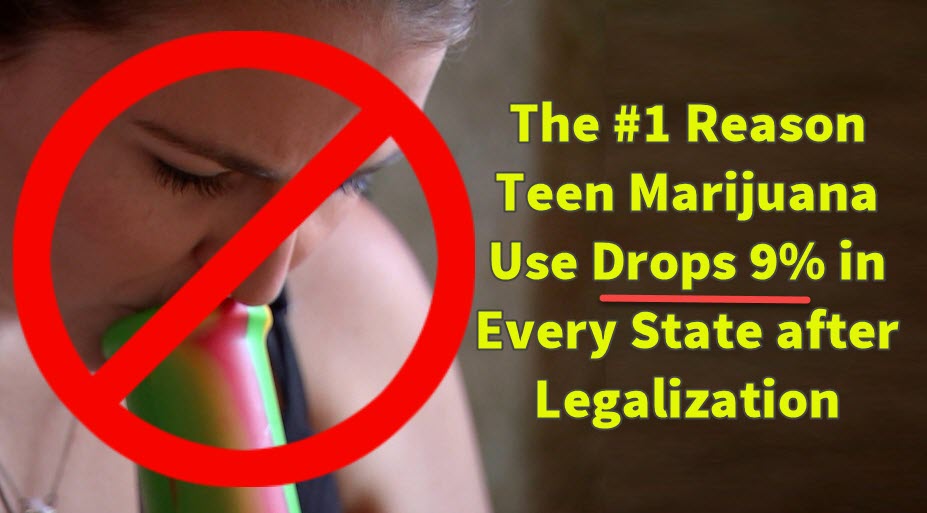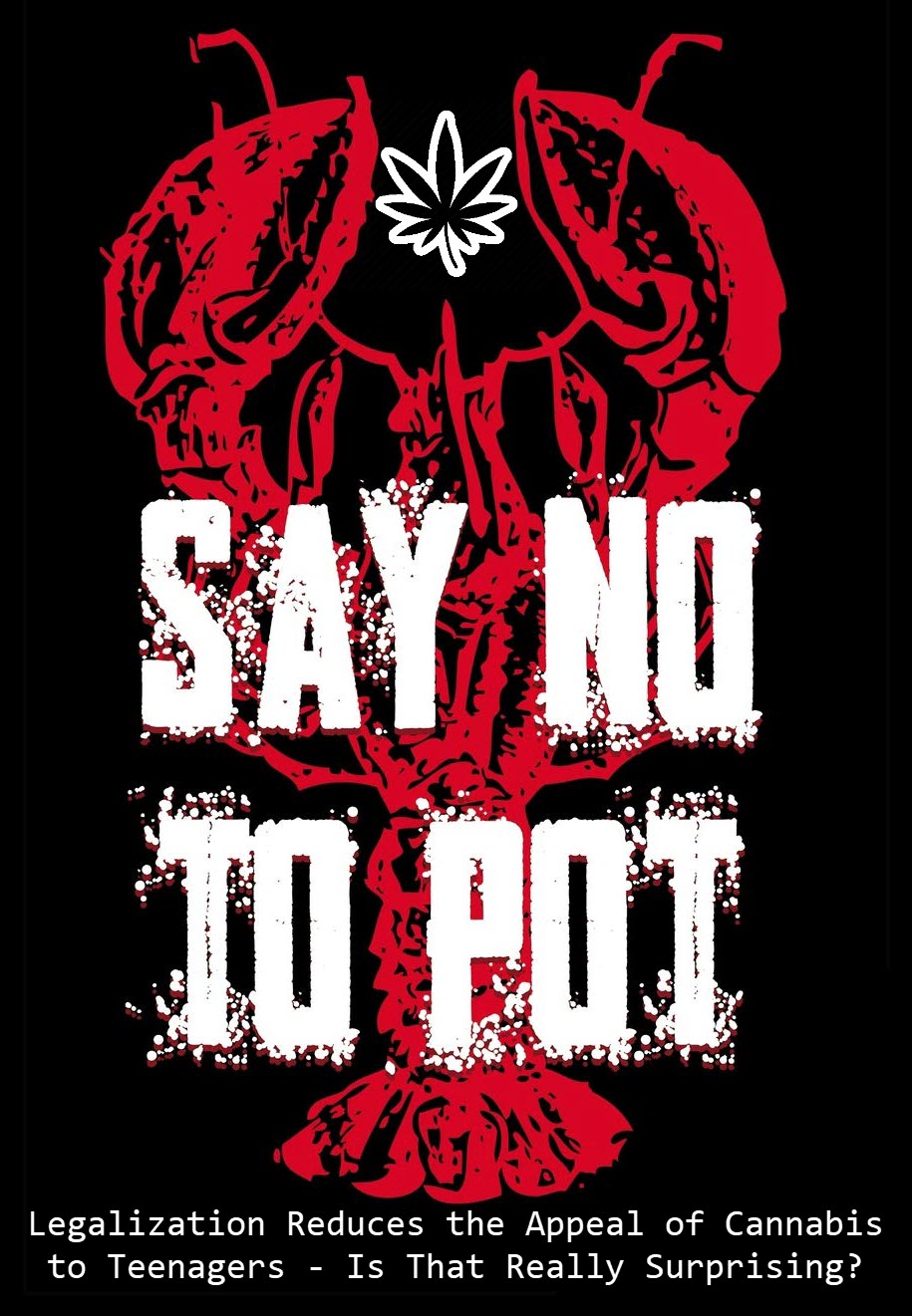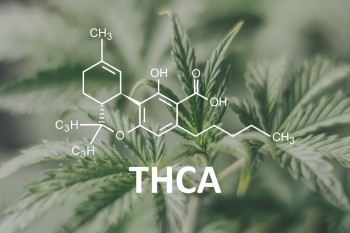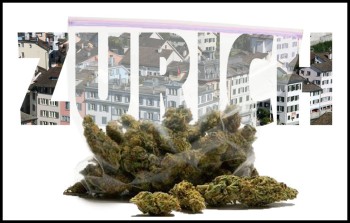Why do teens use marijuana less after legalization.
One of the strongest points in their argument by protesters against the legalization of marijuana, was that abuse under teenagers would increase and lead to heavier addiction and mental illnesses. Various studies done by researchers all over the US have proved them wrong.
In one such a study done by researchers from the Washington University School of Medicine in St Louis, a survey, where 216,852 teenagers were covered in all 50 states, found that marijuana-related disorders dropped by 24% from 2002 – 2013. This is despite the fact that several states legalized marijuana. The study was one of the first do be done by studying adolescents with trends to “marijuana use disorders”. (Which is a bullshit term utilized by Big Pharma and Big Rehab)
In another study done in Colorado, it was also found that there was no increase in the usage of marijuana, but rather a 12% drop in marijuana use, year-over-year. The annual adult marijuana usage showed an incline, as the legal marijuana markets in Colorado, Washington and elsewhere has a strict age and purchasing limit.
Legalization supporters have always claimed that the best way to prevent underage usage of marijuana is to legalize it. It is usually riskier for teenagers and even young adults to use marijuana because their brains are still developing. (Allegedly) Hell, I’ve been smoking since I was 13 and I’m still one of the smartest people in my social circles. Alcohol kills brain cells, whereas cannabis promotes neurogenesis. So put that in your pipe and smoke it!
Wellness programs like Maya4Life have become popular for teens to deal with the social pressures of cannabis and alcohol.
The state of Colorado was the first to legalize weed in 2012 and a federal survey shows that the overall rate of marijuana used by teenagers remain higher there than in other states, but that is not different from before legalization. Even so, recent studies showed that in a survey 4 out of every 5 teenagers said that they don’t even occasionally use marijuana.
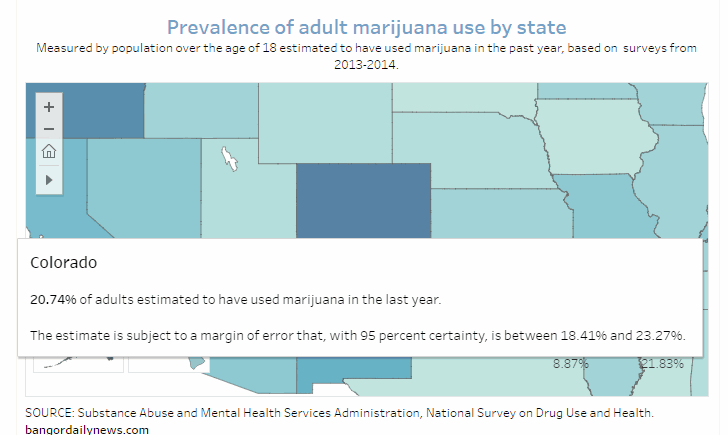
Numbers in Colorado is specifically closely watched by policymakers and advocates on both sides. Researchers on both sides agree that marijuana use during the developing years of adolescence should be discourage as it can lead to dependency and those who use it heavily, have a higher risk of mental problems later. (Once more, allegedly) How many of you have started smoking at a young age and are doing absolutely fine. I’m thinking that this affects a very small portion of the population.
A simple reason why there is no increase in marijuana use could be that teenagers said that marijuana is anyway widely available, even before legalization. Those that really want to smoke marijuana already would be doing so and legalization was not really going to change that.
Weed still illegal for those under 21
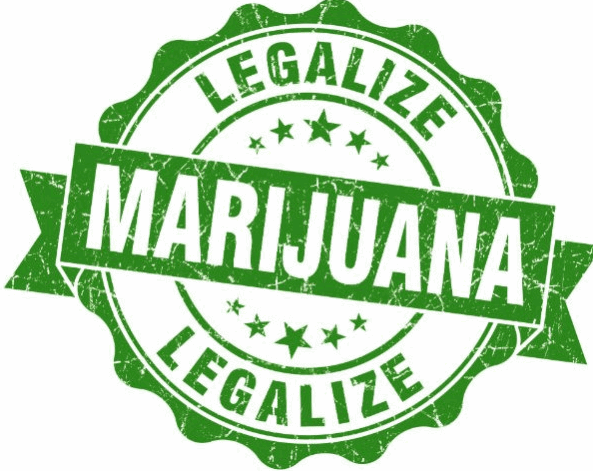
Legalization per se should not really play a role when it comes to teenagers, as it is still illegal to buy marijuana openly anywhere if you are not 21. There is an interesting trend nationwide that is observed under teenagers. A recent study of teens nationwide found that they are drinking less, using fewer drugs and having less sex than 2 years ago. They have become more cautious and are mellowing out. The fact that marijuana use is dropping in teenagers could be contributed to the broader cultural trend such as an increasing disapproval of teen drug abuse and better substance abuse prevention programs for children.
A key finding from the research done by the Washington University School of Medicine in St Louis is that patterns in teen marijuana use are closely linked to the broader trends in adolescent behavior and this is stronger than the potential link between use and legalization.
The decline in marijuana use is rather linked to overall reductions in behavioral problems like stealing and fighting. In fact, over time, the youth has become less inclined to take part in criminal activities or show bad behavior. Thus, they also have become less prone to marijuana use or other drugs.
There is an improvement in adolescent mental health and that could lead to lower consumption of marijuana. This could also be that legalization and decriminalization do not really have an impact, but rather a better and healthier mental health leads to less abuse of marijuana and other substances. Adolescent drug problems are often tied to other psychiatric disorders and a healthier mental mind leads to healthier behavior allover.
Numerous studies come with reports that contradict the warnings of those against legalization of marijuana, especially those that argued that legalizing a drug endangers kids by normalizing something that can have potential damaging effects on teens.
In 2014, the first year that Washington and Colorado sold recreational marijuana; the rate of teens using marijuana did not change. A study in California in 2011 showed that decriminalization of marijuana did not lead to higher criminal activities under teens, drug overdose or driving under the influence or even drop outs.
In 2015 an analysis showed legalizing marijuana has not increased youth use. When California in 1996 first allowed marijuana to be used for medicinal purposes, opponents said it would send the wrong message and it would lead to all sorts of abuses, nothing of that happened. Quite the opposite; teen marijuana rates are declining.
OTHER STORIES YOU MAY ENJOY...
TEEN CANNABIS USE DROPS WITH LEGALIZATION, CLICK HERE.
OR...
HOW TO TALK TO YOUR KIDS ABOUT MARIJUANA, CLICK HERE.
OR..

WHY YOU SHOULD SMOKE WEED WITH YOUR PARENTS, CLICK HERE.

